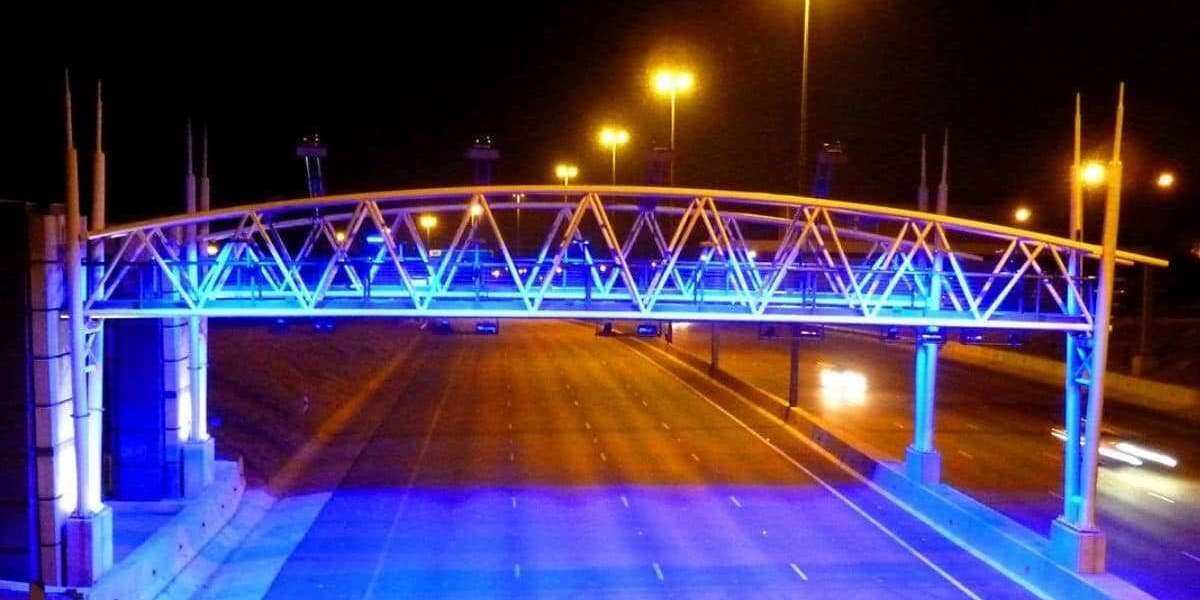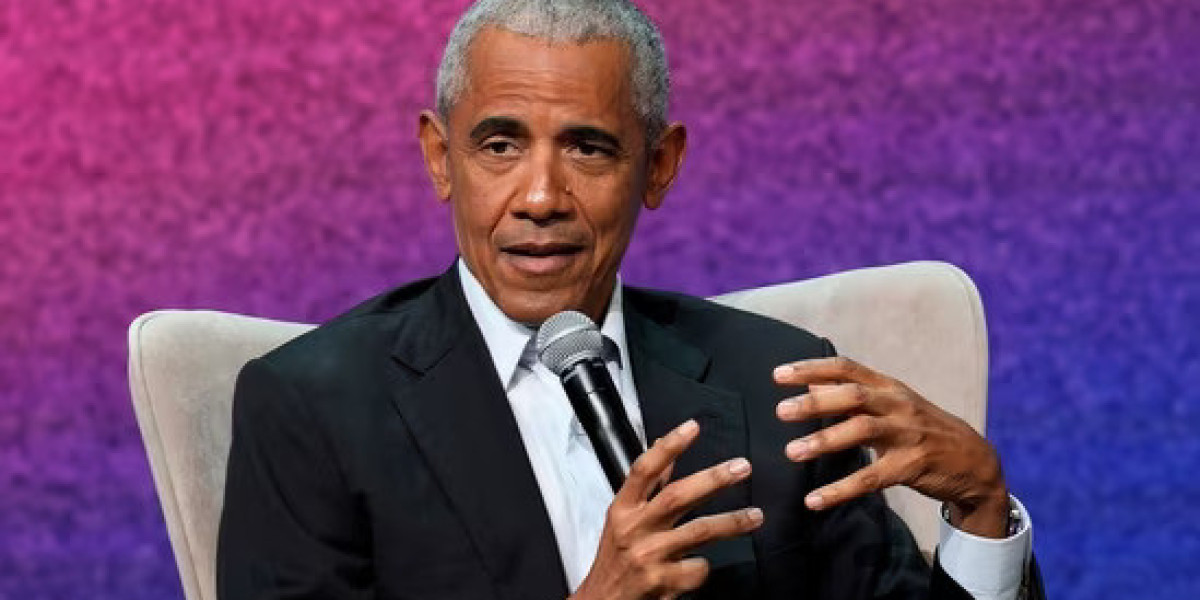The recently gazetted regulations have stuck to an earlier draft version of the new traffic laws, which state that motorists will be slapped with a R500 fine for each e-toll fee they do not pay. This is in addition to a R100 Infringement Penalty payable on every traffic violation committed.
This will punish a motorist who does not pay e-toll fees with fines of R4,000 and levies of R800 for a single return trip between Pretoria and Sandton. According to Rapport, the latest regulations will also block the eNATIS accounts of motorists who ignore these fines and levies. This means they will not be able to renew their driver’s or vehicle licences, register a purchased vehicle, or deregister a sold vehicle. The amendments are set to come into effect on 1 July 2021.
These laws are perceived as a way for the government to force Gauteng motorists to pay their e-toll accounts. The vast majority of motorists have rebelled against e-tolls, with SANRAL stating that only 19.58% of e-toll fees are paid. For the previous financial year, the agency only managed to collect R688-million in e-toll fees – with the outstanding amount reaching R10 billion.
Justice Project South Africa (JPSA) head Howard Dembovsky previously told MyBroadband that if the new traffic laws are implemented next year, it would cause injustices too frightening to imagine. Dembovsky has also publicly endorsed the AA of South Africa’s criticism of the latest regulations. He said the new regulations reveal the blatant commercialisation of traffic fines taking place in South Africa. “From the enormous increases in the fines and the administrative fees payable to numerous new obstacles which are to be put in the way of a motorist who wishes to prove his or her innocence; these draft regulations make it clear that money and not justice or road safety is the primary focus of the AARTO Act,” Dembovsky said.
The AARTO Act already regards traffic fines as little more than invoices, he said, except where alleged infringers elect to be tried in court under its current provisions. “Should the AARTO Amendment Act be implemented nationally on 1 July 2021, where a popup tribunal further hinders access to the lower courts, the injustices it will create are too frightening to imagine,” Dembovsky said. “Once regulations have been enacted, reversing them is a very tedious and costly process.”








